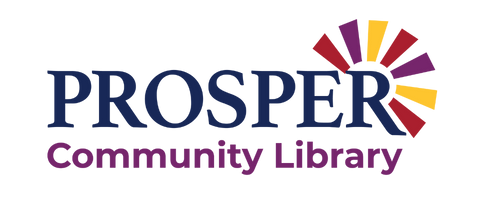Leaders eat last : why some teams pull together and others don't
(Book)
Author
ISBN
9781591845324 hardback, 1591845327 hardback
Physical Desc
x, 244 pages : illustrations ; 24 cm.
Status
Nonfiction
658.409 SIN
1 available
658.409 SIN
1 available
Description
Loading Description...
Copies
| Location | Call Number | Status |
|---|---|---|
| Nonfiction | 658.409 SIN | On Shelf |
Also in this Series
Checking series information...
More Details
Format
Book
Language
English
ISBN
9781591845324 hardback, 1591845327 hardback
Notes
Bibliography
Includes bibliographical references (pages 235-236) and index.
Description
" The highly anticipated follow-up to the acclaimed bestseller Start With Why Simon Sinek's mission is to help people wake up every day inspired to go to work and return home every night fulfilled by their work. His first book, Start With Why, offered the essential starting point, explaining the power of focusing on WHY we do what we do, before getting into the details of WHAT and HOW. Start With Why became an instant classic, with a loyal following among Fortune 500 companies, entrepreneurs, nonprofits, governments, and the highest levels of the U.S. Military. Now Sinek is back to reveal the next step in creating happier and healthier organizations. He helps us understand, in simple terms, the biology of trust and cooperation and why they're essential to our success and fulfillment. Organizations that create environments in which trust and cooperation thrive vastly out perform their competition. And, not coincidentally, their employees love working there. But "truly human" cultures don't just happen; they are intentionally created by great leaders. Leaders who, in hard times, would sooner sacrifice their numbers to protect their people, rather than sacrifice people to protect their numbers, are rewarded with deeply loyal teams that consistently contribute their best efforts, ideas and passion. As he did in Start With Why, Sinek illustrates his points with fascinating true stories from many fields. He implores us to act sooner rather than later, because our stressful jobs are literally killing us. And he offers surprisingly simple steps for building a truly human organization"--,Provided by publisher.
Description
"Sinek is back to reveal the next step in creating happier and healthier organizations. He helps us understand, in simple terms, the biology of trust and cooperation and why they're essential to our success and fulfillment. Organizations that create environments in which trust and cooperation thrive vastly out perform their competition. And, not coincidentally, their employees love working there. But "truly human" cultures don't just happen; they are intentionally created by great leaders. Leaders who, in hard times, would sooner sacrifice their numbers to protect their people, rather than sacrifice people to protect their numbers, are rewarded with deeply loyal teams that consistently contribute their best efforts, ideas and passion. As he did in Start With Why, Sinek illustrates his points with fascinating true stories from many fields. He implores us to act sooner rather than later, because our stressful jobs are literally killing us. And he offers surprisingly simple steps for building a truly human organization"--,Provided by publisher.
Immediate Source of Acquisition
20140816.
Reviews from GoodReads
Loading GoodReads Reviews.
Citations
APA Citation, 7th Edition (style guide)
Sinek, S. (2014). Leaders eat last: why some teams pull together and others don't . Portfolio/Penguin, .
Chicago / Turabian - Author Date Citation, 17th Edition (style guide)Sinek, Simon. 2014. Leaders Eat Last: Why Some Teams Pull Together and Others Don't. Portfolio/Penguin.
Chicago / Turabian - Humanities (Notes and Bibliography) Citation, 17th Edition (style guide)Sinek, Simon. Leaders Eat Last: Why Some Teams Pull Together and Others Don't Portfolio/Penguin, 2014.
MLA Citation, 9th Edition (style guide)Sinek, Simon. Leaders Eat Last: Why Some Teams Pull Together and Others Don't Portfolio/Penguin, , 2014.
Note! Citations contain only title, author, edition, publisher, and year published. Citations should be used as a guideline and should be double checked for accuracy. Citation formats are based on standards as of August 2021.
